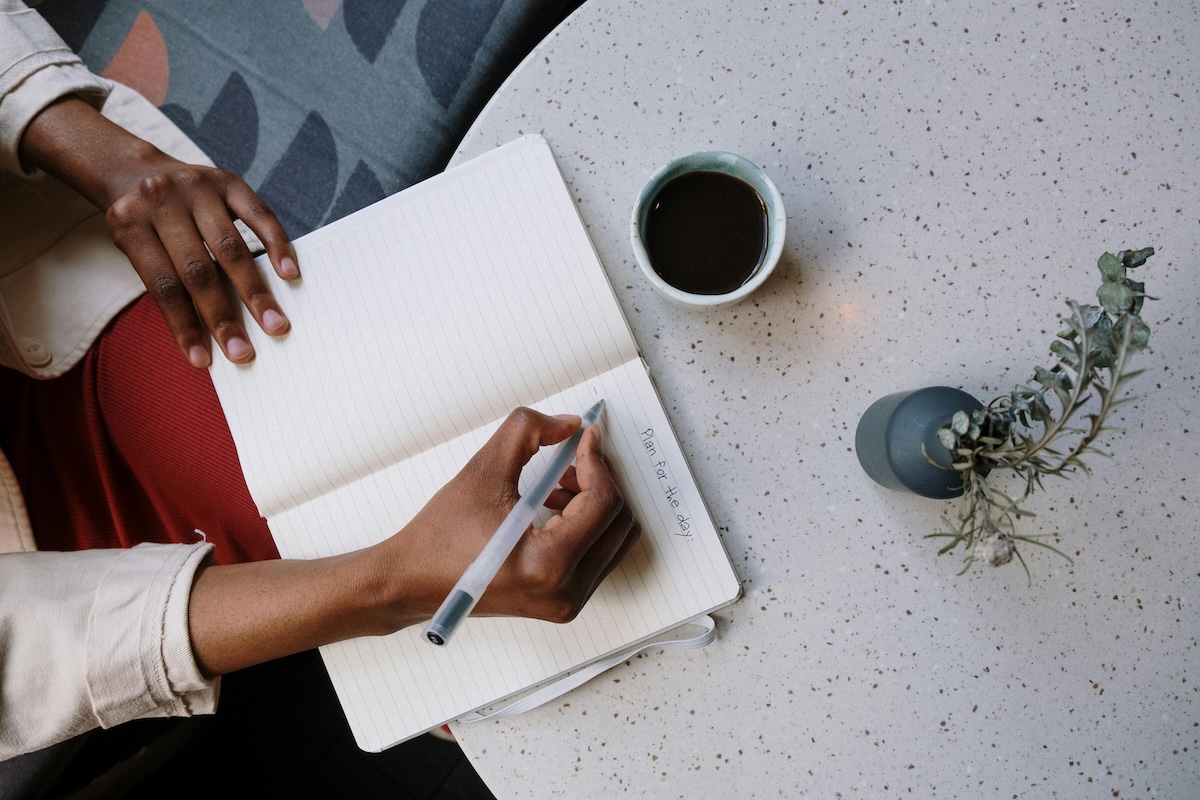
We should embrace our imperfections because they are part of who we are. We also need to separate the ‘less than perfect’ aspects of ourselves from false ideas about faults or failings.
We often hear advice about striving for perfection, as if the ‘ideal’ version of ourselves is the only one worth aiming for. But perfection is an illusion. What we actually live with, every day of our lives, are our imperfections. And far from being weaknesses, they are what make us authentic, relatable, and resilient.
We live in a world that bombards us with messages telling us to conceal or overcome our imperfections and ‘failings’. This has always been the case with advertising, but nowadays these messages are amplified by skewed and curated social media content that reflects fake lifestyles we should aspire to.
We unwittingly absorb this information, but what if we could design an antidote to this pernicious brainwashing?. What if accepting our vulnerability – thereby embracing our imperfections – could allow us to live a truly fulfilling and authentic life?
Imperfect, not faulty
It’s important to distinguish imperfections from failures or faults. Failures are outcomes: the deal that fell through, the exam we didn’t pass, the relationship that didn’t work out. Faults are avoidable missteps or harmful choices: snapping at someone, breaking a promise, neglecting responsibilities.
Failures and faults ask us to learn, adjust, and do better next time. Imperfections, on the other hand, are enduring quirks of our humanity. They are the crooked smile, the tendency to overthink, the awkward laugh, or the fact that we’ll never be the most organised person in the room. They don’t demand fixing – they invite acceptance.
Why embrace them? Because denying imperfections creates a false self. We waste energy pretending to be flawless, which only distances us from others and ourselves.
When we accept our imperfections, we see them as unique textures of our identity, rather than obstacles to be eradicated or fixed. Imperfections can even become strengths . For example, humour often grows out of awkwardness, creativity from restlessness, and empathy from vulnerability.
Face and accept
Recognising our imperfections for what they are, part of us and what makes us unique and human, can liberate us to engage more fully in life. Instead of waiting to be ‘ready’ or ‘perfect’, we step into opportunities as we are. We build safer relationships on honesty rather than performance. We stop chasing impossible standards and start cultivating authenticity.
Perfection never created connection. Imperfection does. And the sooner we learn to live comfortably in that space, the more human and the more whole we become.
See also: Kintsugi – Reframe Your Imperfections
Photo by Download a pic Donate a buck/Pexels
Discover more from Barry Winbolt
Subscribe to get the latest posts sent to your email.
Related Posts
More Posts
Discover more from Barry Winbolt
Subscribe to get the latest posts sent to your email.










